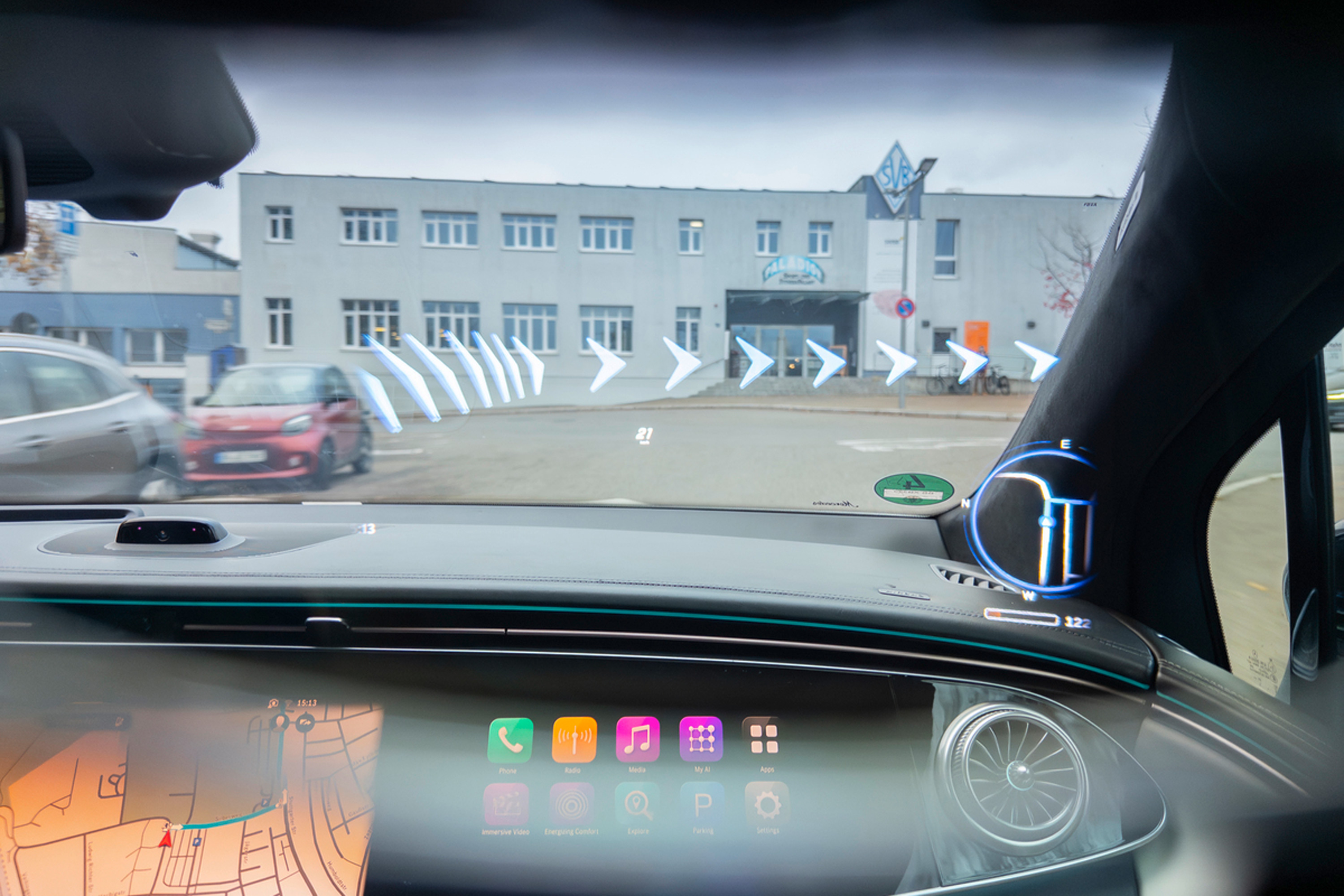The name of the new generation born after January 1, 2025, has been revealed to be Gen Beta, officially the world's youngest generation, according to Mark McCrindle, a demographer and social analyst.
McCrindle, who previously coined the name Gen Alpha, wrote in a blog post that the new generation will span from 2025 until 2039. By 2035, Gen Beta is expected to make up 16 percent of the population, and many may live to see the turn of the 22nd century.
Newsweek reached out to McCrindle's company of the same name for comment via a form on its website outside of business hours.

Why It Matters
The birth of Gen Beta as a generation is significant because this new generation will be the first to live in a world where artificial intelligence and automation are a part of everyday life, in addition to other vast technological advancements to come.
McCrindle noted that Gen Beta will likely be the first generation to experience automation in terms of their transport and become accustomed to utilizing wearable health technologies and immersive virtual environments. AI will also likely be a staple in the everyday lives of these children and play a role in their education, shopping, and other activities involving learning or decision-making.
Gen Beta will also likely have to come to grips with the worsening effects of global warming and the ramifications of climate change in the present day and in the future, as well as global population shifts and sociopolitical and economic instability in some regions.
What To Know
McCrindle said that he decided to give Gen Alpha and Gen Beta their names because moving to the Greek alphabet signified a major shift in the generations, in terms of the world they will grow up in and specifically the technological shifts that are yet to come. He noted that the generation to come in 2025 and later will not only be the first to live in an AI-immersed world, but they will also be raised by a generation where technology is also used as a parenting tool.
Likely to be raised by Millennials or members of Gen Z, Gen Beta will likely highly value "adaptability, equality, and eco-consciousness," as those are popular values for their parents. These ideals may influence how Gen Beta votes and makes political decisions in the future, as Jason Dorsey, a generational researcher and author, told NBC News: "We will likely have Gen Z as elected officials when Gen Beta is old enough to vote. Climate change will continue to be a really big deal for them."
List of Generations
To see Generation Beta's place amongst other sociological groups, here's a breakdown of historical generational cohorts:
- The Silent Generation (1928–1945): They are primarily known for their resilience during the Great Depression and World War II, both periods of great social, political, and economic struggle globally.
- The Baby Boomers (1946–1964): Born after World War II ended, the Baby Boomers were heavily influenced by extensive social change during their youth, and an economic boom.
- Generation X (1965–1980): Individuals born in Generation X are known for growing up in the era of the beginnings of technology and were raised by the baby boomers.
- Millennials (1981–1996): Millennials, raised during the period in which the internet became a large part of everyday life, are known for their ever-present social consciousness in terms of activism and tech-savvy abilities.
- Generation Z (1997–2009): The young generation today, Gen Z, like millennials were raised in the era of booming technology and are known for their sociopolitical activism and ability to utilize technology to connect online and formulate careers in the digital sphere.
- Generation Alpha (2010–2024): The first generation to grow up entirely in the 21st century, Generation Alpha has been shaped by the vast technological shifts that have taken place, as well as the sociopolitical and economic crises globally.
- Generation Beta (2025 onwards): The new and youngest generation is expected to be raised with AI and automated technology as a part of everyday life and is predicted to redefine global priorities.
How Long is Each Generation?
Generations, not set as a rule to span a specific period of time, are often heavily influenced by sociopolitical and economic shifts as well as historical events, but they typically span from approximately 15 to 20 years. However, definitions differ, and some maintain that generations last 20 to 30 years, according to the American Association of Marketing.
- The Silent Generation: 17 years (1928–1945)
- Baby Boomers: 18 years (1946–1964)
- Generation X: 15 years (1965–1980)
- Millennials: 16 years (1981–1996)
- Generation Z: 13 years (1997–2009)
- Generation Alpha: 15 years (2010–2024)
What People Are Saying
In a post on X, formerly known as Twitter, McCrindle wrote: "Move over, Gen Alpha: 2025 marks the start of the Gen Beta era," sharing a link to an NBC News article.
David Statter, the founder of VirtuIRL, a product, game, and brand development studio, wrote: "Today marks the end of the Gen Alpha cohort and the start of Generation Beta—welcome to the world, little Betas! Fitting name, though, since they'll be the first AI-native humans, paving the way for v2.0 of humanity. Cyborgs, assemble."
What Happens Next
Depending on what happens globally socially, politically, economically, and in terms of the climate, Gen Beta's upbringing, comprised of access to advanced technology on a regular basis, could inform the policy decisions they decide to enact when trying to solve these issues worldwide.



















:quality(85):upscale()/2024/04/24/878/n/3019466/36c5693c662965c5d1ce91.72473705_.jpg)
 English (US) ·
English (US) ·